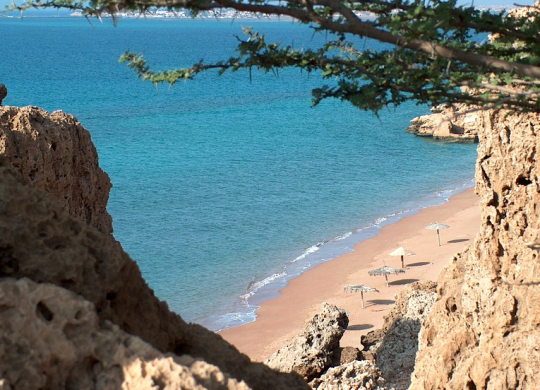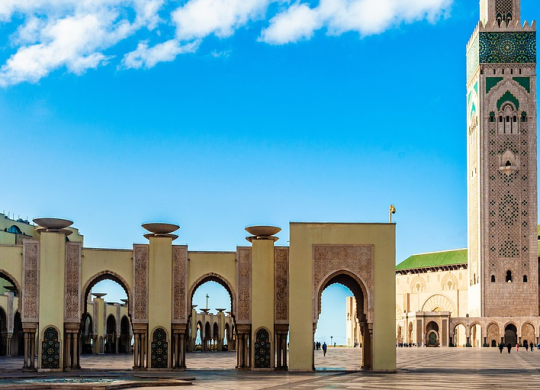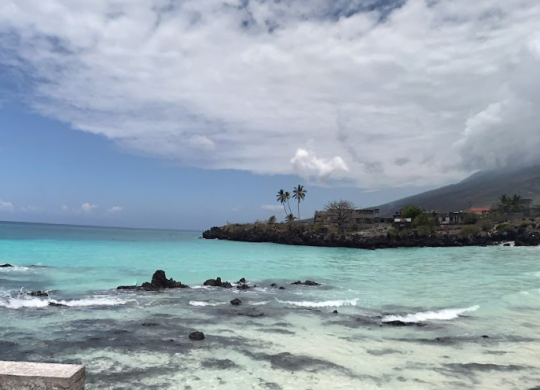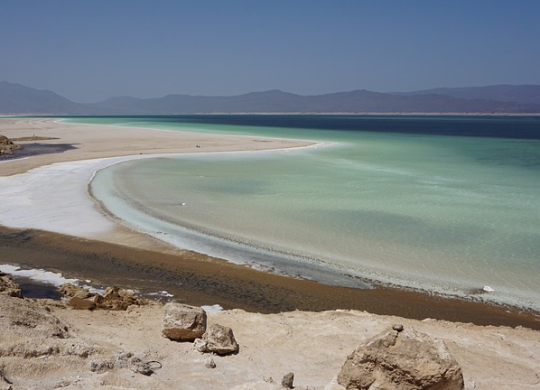Residence and rules for obtaining citizenship in Djibouti

Djibouti is a small African state located in the eastern part of the continent on the Gulf of Aden. The country borders Eritrea, Ethiopia, and Somalia. The territory of Djibouti is just over 23 thousand square kilometers, and the population is less than a million people.
The republic has practically no natural resources, and therefore neither industry nor agriculture is developed here. The country is trying to develop the tourism industry. The economy of Djibouti is based mainly on the use of the seaport and the free trade zone and is very dependent on foreign aid. The country occupies a strategically important place in Africa, and the city and port of Djibouti are of great importance in international trade as a transit point. It is the main trading port for Ethiopia.
Features of life in the country
Djibouti is a low-income country which is caused by the high cost of electricity, chronic water scarcity, poor health outcomes, food insecurity, and governance issues. However, foreigners can buy land and real estate, which is a good investment compared to neighboring countries. If you are planning a trip to the country, then the ideal option is to buy a checklist (hyperlink).
Djibouti is a Muslim country with its own rules and laws. The official language is Arabic and French, as the country was a colony of France for a long time. Work is not available for many citizens, so the unemployment rate is over 60%.
Applying for a visa to Djibouti
A visa is required to enter Djibouti. This can be done right at the airport of the capital if the tourist intends to stay here for no more than a month. To get a visa, you will need to submit the following documents:
· passport, it must valid;
· a completed migrant card;
· a return ticket for an airplane or other transport;
· hotel reservation.
In case of a longer stay in the country, you should contact the embassy. Foreigners who want to work in the country will need the following documents:
· an entry visa;
· a resident card;
· a work permit.
There are few employment options in Djibouti. Therefore, a company that hires a non-resident employee must prepare an employment contract. The employer also applies for permits. To obtain a work permit, you need to collect the following documents:
· a valid passport;
· a long-term visa;
· four photographs;
· a copy of the license of the free zone company;
· a request with information about the position and employer.
How to get citizenship in Djibouti
It is noteworthy that dual citizenship is allowed in the country, i.e. when obtaining a Djiboutian passport, there is no need to renounce other passports. Citizenship in Djibouti can be obtained in several ways.
Citizenship by birth extends to:
· children born anywhere, of which at least one parent is a Djiboutian citizen by birth;
· orphans or abandoned children found on the territory of the country, whose parents are unknown.
To get citizenship by naturalization, you need to comply with several conditions:
· residence in the country for at least ten years
· naturalization is granted to people who can prove that they understand the language, customs, and traditions of the society.
· candidates for citizenship must have a positive character and behavior, while not having a criminal record with a penalty of imprisonment for a term of six months or more;
· these people must be in good health.
· the spouse of a Djiboutian citizen after ten years of marriage, or five years if the couple has children;
· adopted children of citizens of Djibouti;
· minor children automatically receive naturalization when their parent acquires citizenship;
· persons who have rendered exceptional services to the nation, if they have lived in the country for five years.
Contacts and phones
Djibouti International Organization for Migration – Phone: +41 22 717 9111 Website
Government of Djibouti – website
Police – 17
Ambulance – 19
Fire service – 18
Recommended articles
5 min
Residence permit
Moving to Morocco for permanent residence in 2024: a detailed guide
Every year, more and more expats are considering colorful Morocco for permanent residence. This is due to the affordable cost of living, mild climate, picturesque nature and rich cultural heritage. Find out more about the visa procedure and peculiarities of moving to Morocco in 2024
20 Apr. 2024
More details4 min
Residence permit
5 min
Work
5 min
Treatment
All materials and articles are owned by VisitWorld.Today and are protected by international intellectual property regulations. When using materials, approval from VisitWorld.Today is required.